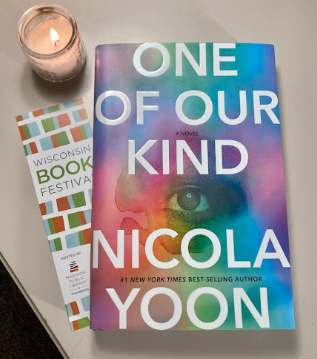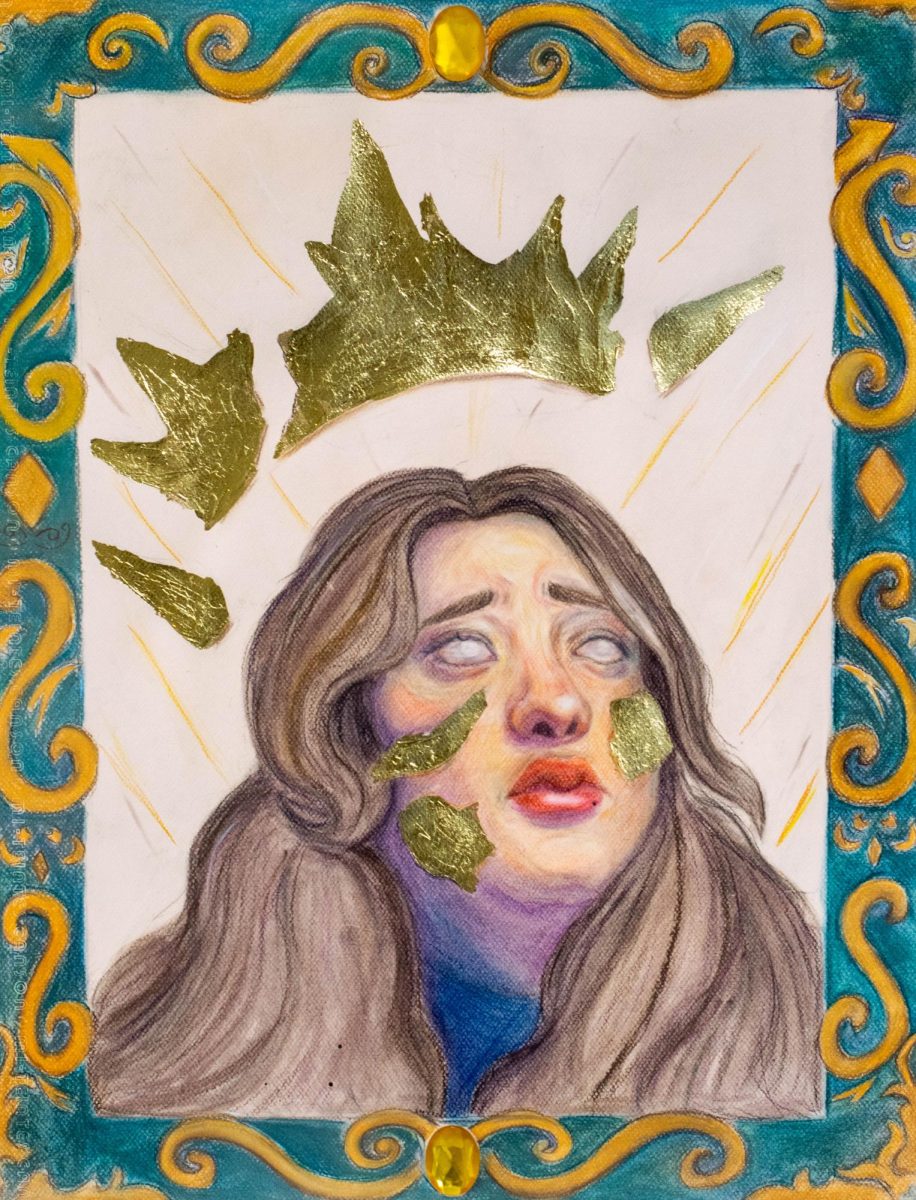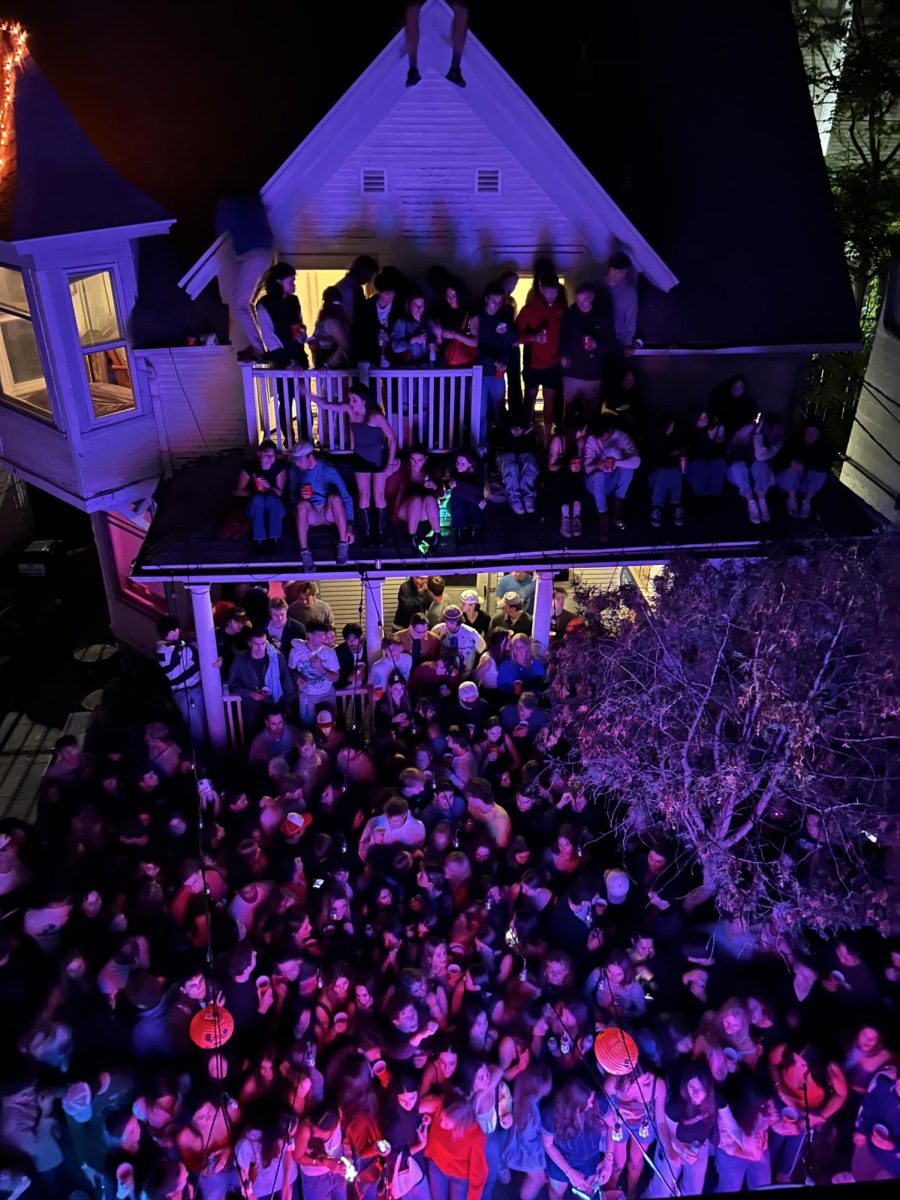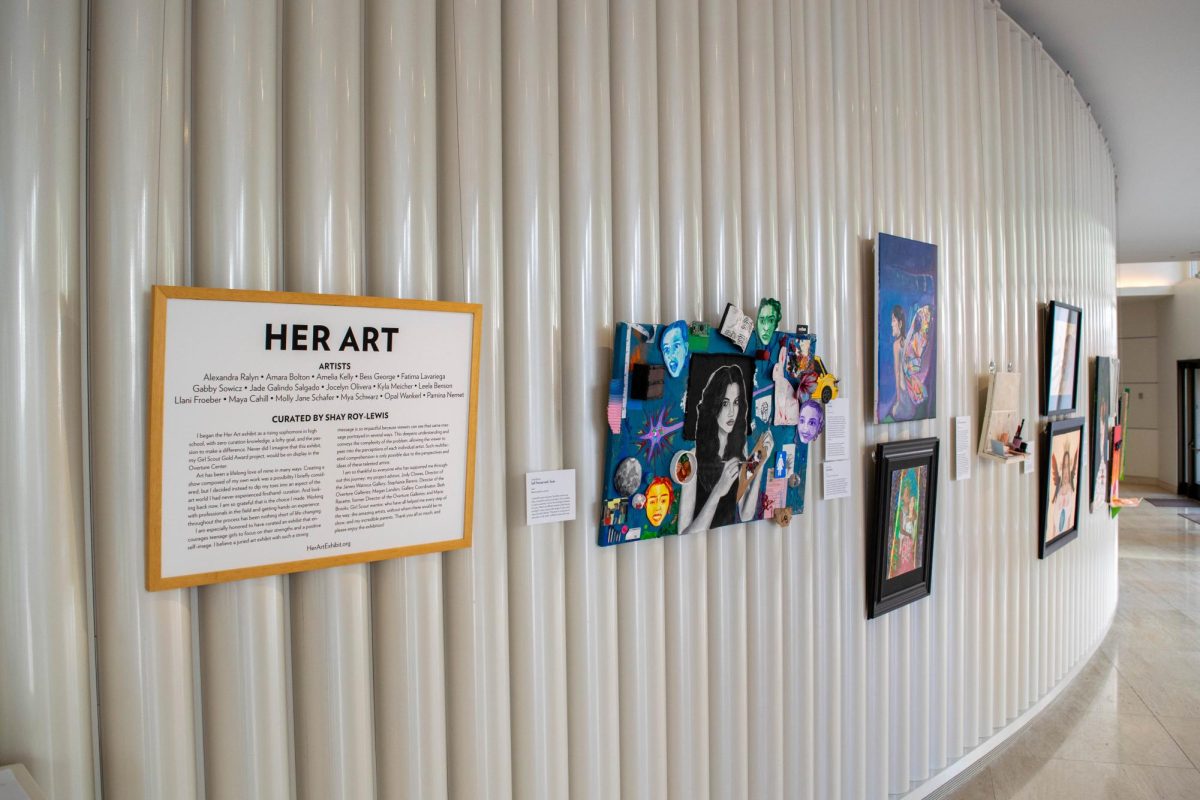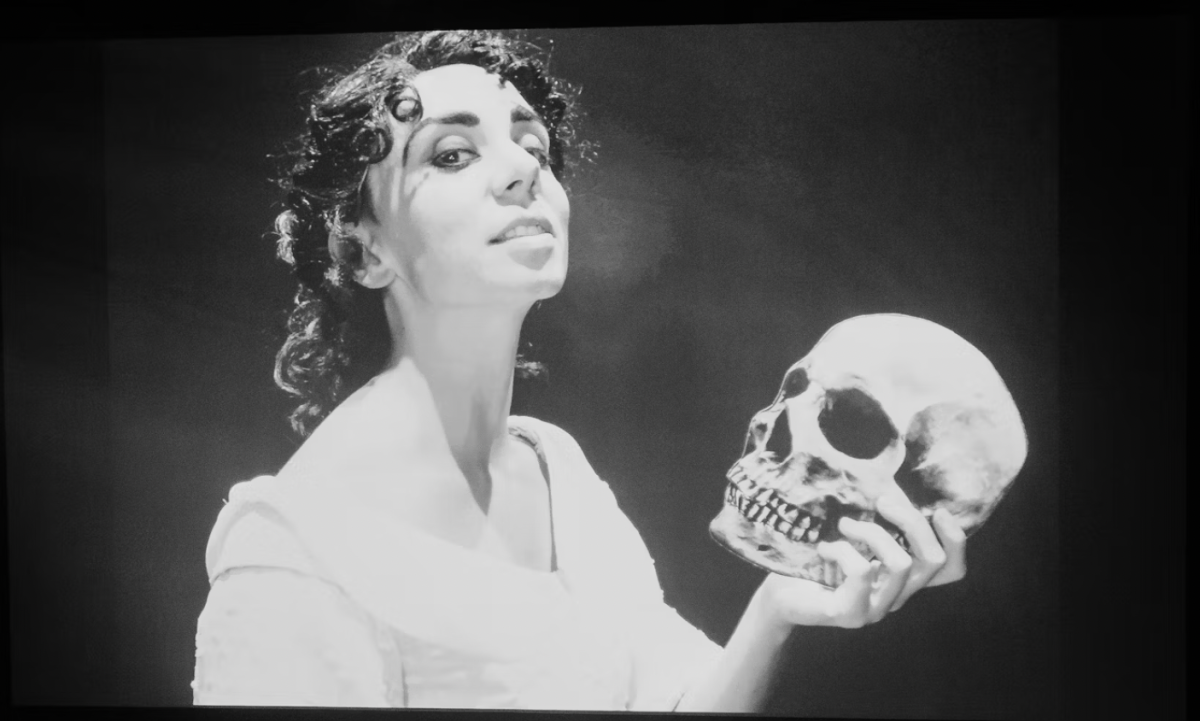“Baseball: A Literary Anthology”
Edited by Nicholas Dawidoff
Published by The Library of America, $35
It’s hard to imagine growing up in America without ever clutching a baseball bat, staring down the pitcher and his seven accomplices, and smacking a fastball between them or, better yet, right over their heads.
The American pastime extends far beyond the diamond. Baseball is the natural subject for prose, plays and poetry, not to mention hundreds of musicals, songs and movies. In “Baseball: A Literary Anthology,” baseball aficionado Nicholas Dawidoff collects 700 pages of the greatest baseball writing since Abner Doubleday ostensibly invented the game in 1839 Cooperstown.
As the latest in “The Library of America’s” ongoing “American Anthology Series,” “Baseball” is a one-stop shop for baseball literature. A quick perusal of the contents does not disappoint:
The pleasantly predictable selections lead off with “Casey at the Bat” by Ernest Lawrence Thayer and continue with classic selections including Albert G. Spalding (“America’s National Game”), Thomas Wolfe (“Of Time and the River”), Bernard Malamud (“The Natural”), James T. Farrell (“Damn Yankees”) and Jim Bouton (“Ball Four”).
“Baseball” is rounded out nicely by its many unforeseen articles, essays and poems. Some unexpectedly big names are included — both poet Robert Frost and novelist Stephen King offer their takes on the game. But the best entries are the ones you’ve never read before — the stories by obscure authors. Authors like Molly O’Neill, the food reviewer for The New York Times, who would never have been included were it not for a touching story she wrote about her brothers’ baseball careers the night before Paul O’Neill took the mound in the 1990 World Series.
Nor is the book limited to the Big Leagues. There are thrilling stories of great players and great games from the Negro Leagues, including selections from Donald Honig’s “Baseball When the Grass Was Real.” Other authors pay homage to the Minor Leagues, where thousands of players toil solely for the love of the game with the far-fetched hopes of someday joining the Majors.
Like every baseball game, each entry in “Baseball” is unique and can stand alone. But, just as games in a pennant race, the stories work much better when strung together over time. Although Dawidoff does not explicitly catalog the articles by period, a cover-to-cover reading of “Baseball” reveals just how much the game–and America–has changed since “Casey” struck out in 1888.
The innocence of the game and its players in the early articles slowly melts away throughout the anthology. First are the seedy behind-the-scene stories with Babe Ruth and his teammates. Then the stories of the 1919 Black Sox, including James A. Maxwell’s “Shine Ball,” a tear jerking reflection on the infamously fixed World Series.
The corrupting influence of gambling, sex and money on the game arrives full force in Bouton’s “Ball Four,” the famous autobiography that forever deflowered ballplayers in the eyes of the American public.
In addition to housing dozens of outstanding pieces of literature, “Baseball” unwittingly offers insights on the current ill-state of Major League Baseball. For instance, Spalding — who later went into the sporting goods business — early on attributed baseball’s popularity to its short length: “Two hours of Base Ball is quite sufficient to exhaust both players and spectators.” But today’s games typically clock in at three hours — vexing spectators and baseball officials alike.
Such unintended comparisons bring contemporary relevance to the essays and promote readers’ longing for sandlots and knotholes.
“Baseball” successfully captures how well the sport lends itself to great literature. The methodical pace of both the anthology and the game leaves plenty of time for reflection and planning. Despite all the game’s modern-day faults, “Baseball: A Literary Anthology” reminds us why we still cherish the sport.


